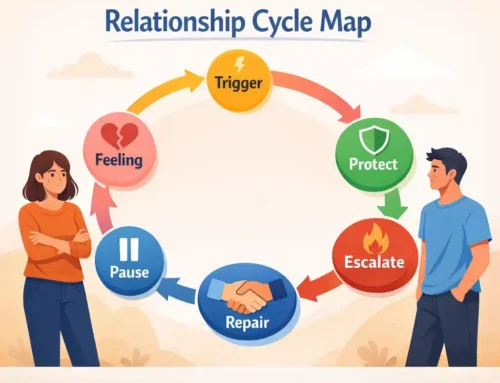
Approx. read time: 3.9 min.
Post: The Paradox of Tech: Why Silicon Valley Giants Limit Their Kids’ Screen Time
The Paradox of Tech: Why Silicon Valley Giants Limit Their Kids’ Screen Time
In an era where technology is as ubiquitous as the air we breathe, it’s both intriguing and enlightening to discover that the architects of our digital world, icons like Bill Gates and Steve Jobs, erected boundaries around their own children’s engagement with technology. These visionaries, who have revolutionized the way we live, work, and connect, recognized early on that the very tools they created could have profound impacts on the development, mental health, and future prospects of younger generations. This acknowledgment from the tech moguls themselves raises pivotal questions: What did they know that we don’t, and how can we navigate the digital landscape to safeguard our children’s futures?
The Founders’ Foresight
Bill Gates, co-founder of Microsoft, once revealed that he didn’t allow his children to own cell phones until they were 14, highlighting a stark contrast to the current norm where toddlers often wield tablets and smartphones with ease. Similarly, Steve Jobs, the mastermind behind Apple’s iPhone, admitted that he limited his children’s use of technology at home. These admissions are not mere quirks of overprotective parenting but rather a profound statement on the potential downsides of unchecked technology use.
The Double-Edged Sword
Technology, for all its advantages, comes with its own set of drawbacks. While it has democratized access to information, simplified communication, and fostered innovation at an unprecedented scale, it also poses risks, particularly to the developing minds of children and teenagers. The instant gratification, endless distractions, and the curated realities presented by social media can lead to a plethora of mental health issues, including anxiety, depression, and diminished attention spans.
Controlled Screen Time: A Lesson from the Top
The concept of “controlled screen time” — setting boundaries on the duration and nature of digital engagement — stems from a deep understanding of these risks. By limiting exposure to technology, the pioneers of Silicon Valley were not only protecting their children from potential harm but also encouraging alternative activities that promote healthier development, such as reading, outdoor play, and face-to-face interactions.
The Plague of Tech and Social Media
The unchecked proliferation of tech and social media, especially among the younger generation, is often likened to a plague, eroding the very fabric of mental health and stealing futures. The irony is palpable — the devices designed to connect us also contribute to a sense of isolation and inadequacy, fueled by the endless comparison to the highlight reels of others’ lives.
Finding the Balance
The key takeaway from the tech moguls’ approach to parenting in the digital age is the importance of balance. It’s about recognizing technology as a tool, not a crutch, and using it in ways that enrich rather than diminish our lives. This involves setting boundaries, encouraging digital literacy, and fostering an environment where children can develop a healthy relationship with technology.
The Path Forward
As we navigate the complexities of the digital age, the lessons from Silicon Valley’s giants offer a blueprint for mindful technology use. By embracing controlled screen time, we can protect our children’s mental health, preserve their futures, and ensure that technology serves as a bridge to a brighter tomorrow, rather than a barrier.
In conclusion, the paradox of technology’s role in our lives and the lives of our children is a compelling narrative of caution and wisdom. By heeding the practices of tech pioneers and striving for balance, we can harness the positive power of technology while mitigating its risks. The future is digital, but it’s up to us to shape how that digital future impacts the real-world development and well-being of the next generation.
As we reflect on the profound insights shared by the fathers of technology, it’s clear that the conversation about tech’s impact on our children’s futures is more relevant than ever. How are you navigating technology use in your family? What strategies have you found effective in maintaining a healthy balance? Feel free to share your thoughts and experiences in the comments below. Together, we can chart a course through the digital landscape that prioritizes the well-being of our children and their futures.









